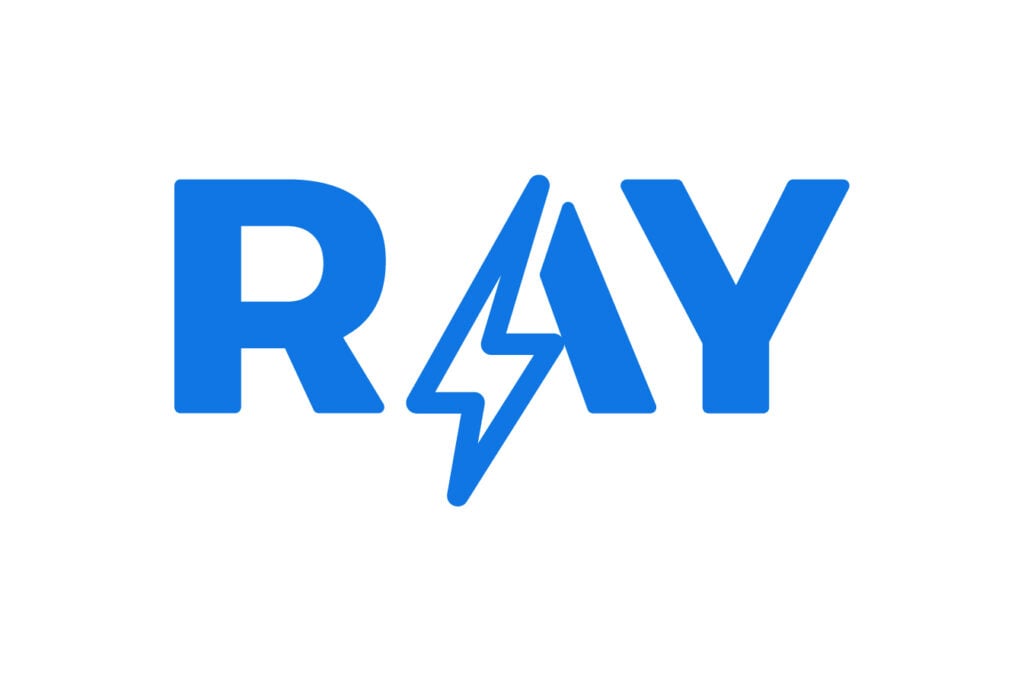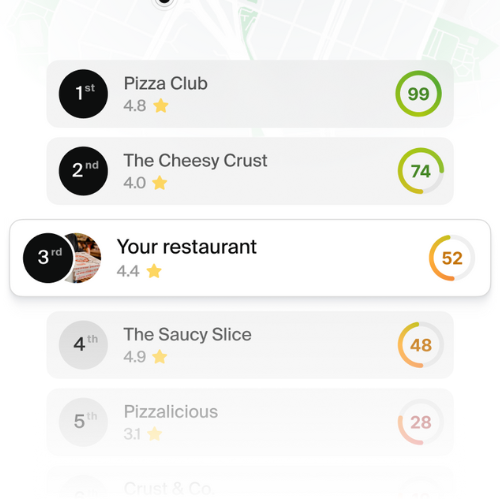Millennials are one of the most misunderstood generations. And with their tech savviness, preference for brevity, and arsenal of millennial terminology (see previous “spill the tea, sis”), communicating with them can feel intimidating.
Luckily, an in-depth knowledge of niche millennial terminology probably isn’t necessary for your day to day. But how millennials expect to connect, especially with your business, is important to understand. Especially when creating a communication strategy that will work effectively in the face of challenges such as social distancing.
Millennials make up the largest generation in history. And more importantly, their preferences don’t just show you how to tap into their buying power (projected at 1.4 trillion in 2020) (1). The way millennials expect to connect represents the reality of business communication now more than ever as more and more businesses are turning to modern tools like messaging to maintain effective communication under challenging circumstances. How millennials expect to connect is how the world will expect to connect.
So, as a millennial writer here at Podium, here’s my personal take on what we consider the three staples of how millennials expect to connect:
- Convenience
- Personalization
- Responsiveness
Convenience
Millennials Generations are constantly on the move. Our schedules are pretty hectic, so we want to get things done, but at the times that are best for us. Millennials expect connection to move with them, which means meeting them where they’re at: text and social media.
As you’ve probably noticed, Millennials have a general aversion to talking on the phone, which is often (understandably) frustrating to other generations. In fact, 75% of millennials prefer texting to talking (2). Why? One reason: they’ve figured out that business gets done more conveniently through text. Texting gives you time to process—to think over your words and give an accurate, calculated response. You’re never caught unaware, and you can respond when and how you like. For a generation that has been dubbed the “anxious generation,” this kind of space and privacy is highly valued (3).
Phone calls also interrupt our daily flow, while texts can be integrated into our lives easily. In light of this, millennials expect to connect with your business through something like one-to-one business texting—whether through messaging, or other social media platforms. And they expect that connection to be live, informative, and brief.
Personalization
Millennials Generations also expect connection to be personal. As the “skeptics” who don’t trust traditional advertising or mass marketing, we definitely don’t want to feel part of the crowd or like we’re being duped or used (4). We need to feel like we’re talking to a real person when connecting with you. Business interactions should feel conversational, with authentic connection and concision.
Something that really sets businesses apart is individualized connection, or a personal touch of some kind—even something as simple as a thank you note in the package you send or a follow-up text after a service or appointment goes a long way. As proof, 86% of consumers say personalization impacts where they take their business—and this is especially true for millennials (5).
Part of making things personal also means saying goodbye to formal business dialogue. In the millennial world, meaningless polite formality blocks connection. We push for informality in everything—actually saying what you mean as simply as possible. Instead of formal business jargon, we expect connection that opts for common sense abbreviations, less formal sentence structure, and referring to us by our first names.
Responsiveness
Being responsive nowadays is no longer a nice plus—millennials fully expect connection with your business to be live. In fact, 25% of millennials expect to see a response within ten minutes (6).So when Michelle posts a positive review online, we expect to see “Thanks Michelle!” a few minutes later. Seeing that live response lets us know that you care about us and our input.
At first, this might seem a little extreme; after all, who’s actually reading review threads and time stamps? Answer: all of us. A staggering 97% of millennials read online reviews before choosing which business they’ll engage with (7). And it only takes seconds to analyze how responsive a business is based on review threads.
With that in mind, another type of responsiveness millennials expect in connection is responsiveness to our feedback. These days, we expect businesses to take our input seriously and make changes accordingly. We expect our connections to matter, and our voice to be heard. As a generation that values authenticity, connection (in all forms) needs to be a two-way street with genuine participation.
When it comes down to it, millennials expect to connect with you the same way they expect to connect with anyone else—conveniently, personally, and responsively through dialogue that can happen on the go and despite any challenge.
Improve the online reputation of your business with RAY
Do you want people to speak well of your brand online? With an adequate strategy you can improve the user experience and with it, the online presence of your business.
The best: you don’t have to spend all your time on homework. You only need the right tool.



